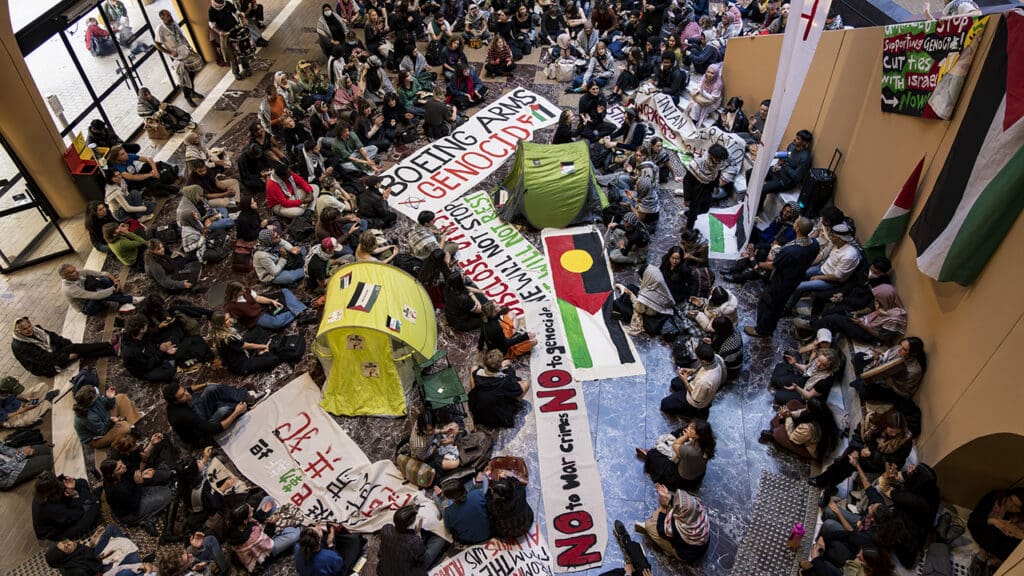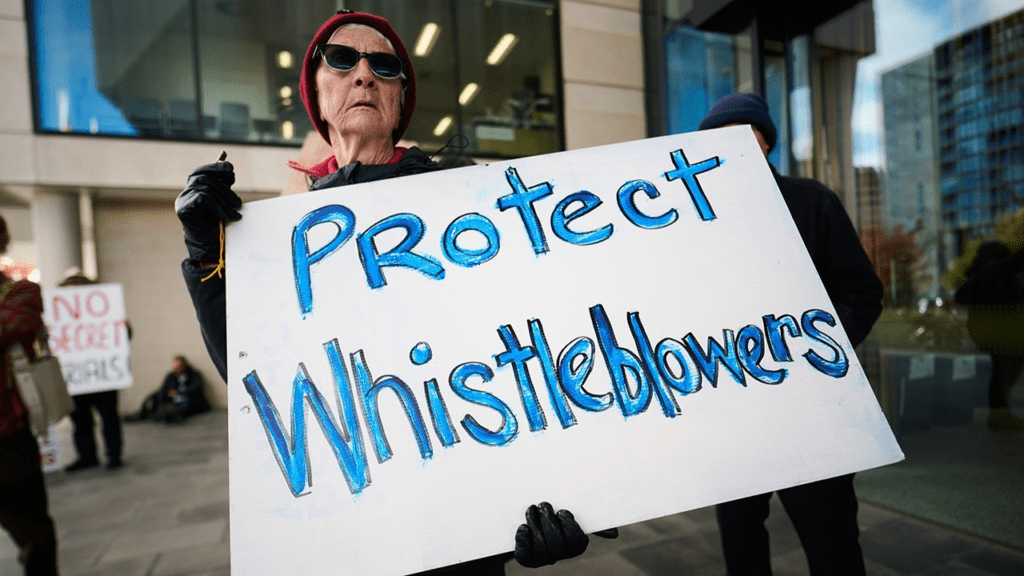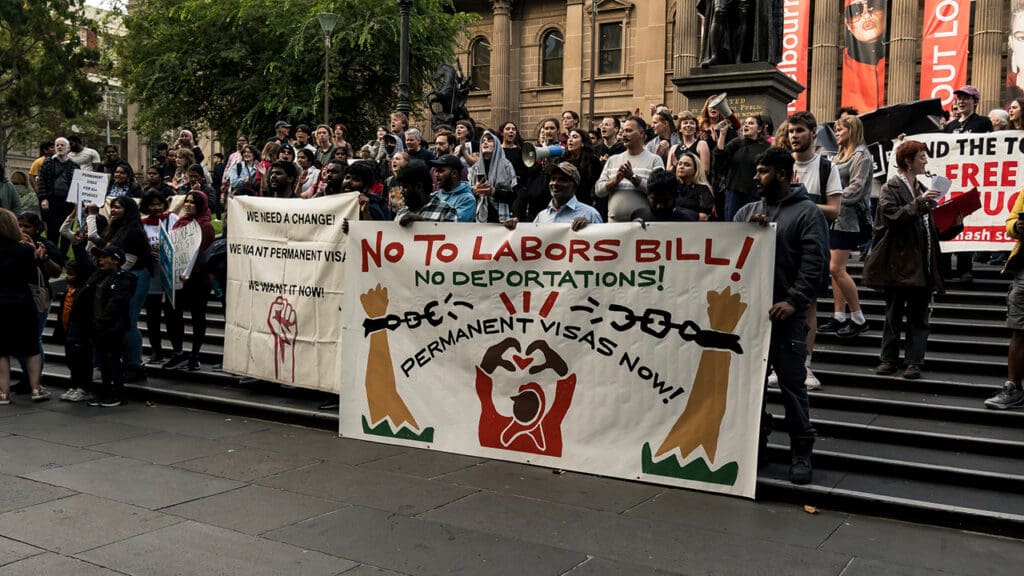The Morrison government must provide a fair plan for lifting travel restrictions to ensure no one is left behind
The Human Rights Law Centre is calling on the Morrison government to provide a complete and inclusive plan for easing travel restrictions that includes residents on temporary visas, their family members and refugees whose resettlement in Australia has been postponed.
Recent announcements by the federal and some state governments to restore the ability of citizens and permanent residents to travel from November offer hope to many who have been separated from loved ones.
However, federal government announcements so far have been limited to citizens and permanent residents, giving no indication about how it plans to address the situation facing millions of people who are currently still excluded from travel to and from Australia.
Scott Cosgriff, Senior Lawyer at the Human Rights Law Centre said:
“Families belong together. But right now, there are thousands of our friends, neighbours and colleagues who have been given no idea when they will be able to leave Australia or return, simply because of the kind of visa they hold. People who have lived in Australia for years should not be forced to beg for rare exemptions to avoid missing out on critical moments in their lives.”
The Department of Home Affairs’ Annual Report, released this week, reveals the extent of the shortfall in Australia’s refugee intake during the pandemic.
-
There are more than 11,000 refugees and people who have been granted humanitarian visas who are still languishing overseas. Despite holding permanent visas, these people are excluded from travelling here unless they have a travel exemption.
-
Refugees who were selected for resettlement in Australia made up only 700 out of more than 40,000 inward exemptions given during 2020-21.
-
Only 5,947 humanitarian visas were issued to refugees around the world in 2020-21, less than half of the annual program of 13,750 places (reduced from 18,750 in 2020), and the smallest in 45 years.
Similarly, people living in Australia and many family members overseas without citizenship or permanent visas continue to face the ban on entry or re-entry to the country. People are forced to seek exemptions from Australian Border Force in a process plagued by insufficient transparency around decision making and no right to review.
“The prime minister’s announcement this week contains nothing for people who have been given humanitarian visas but then denied permission to actually travel here,” Cosgriff said.
“With every month, Australia falls further behind on its refugee intake, while the situation facing refugees around the world remains dire. If some level of interruption due to COVID-19 was unavoidable, a permanent deficit in Australia’s refugee intake is not.
“Opportunities to leave and return to Australia could be a moment of hope for everyone who has been separated because of travel restrictions. The Prime Minister now has the chance to ensure that no one is left behind.”
Media contact:
Evan Schuurman, Media and Communications Manager, 0406 117 937, evan.schuurman@hrlc.org.au
Media Enquiries
Chandi Bates
Media and Communications Manager

University of Melbourne urged to drop expulsions
The Human Rights Law Centre has written to the University of Melbourne urging the Vice-Chancellor to abandon her decision to suspend and expel students for a protest in support of Palestine.
Read more
Comprehensive blueprint to fix Australia’s broken whistleblowing laws released today
A Federal Whistleblower Protection Authority would ensure dedicated support for safeguarding individuals who expose misconduct
Read more
High Court challenge for man facing deportation to Nauru returns to court
The legal challenge brought by a man facing deportation to Nauru will return to the High Court for hearing today. The case was filed after the Albanese Government attempted to exercise its new third country deportation powers for the first time
Read more


